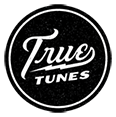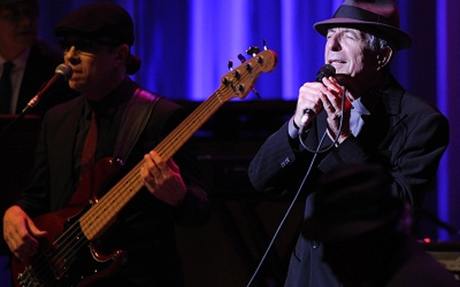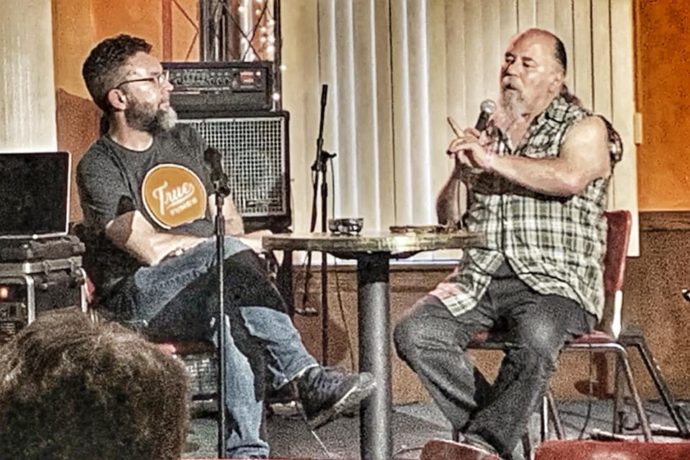The Generic Genius of Leonard Cohen’s Hallelujah
By JJT
(Full Article Published At www.ThinkChristian.net)
In his impressive new book The Holy or The Broken, veteran rock writer Alan Light meditates on “Hallelujah,” the song that may be the 20th century’s most influential and misunderstood secular hymn. In the way other books tell the story of a particular person, this is the biography of a song. Sure, it was penned by celebrated poet-writer-singer Leonard Cohen, but it is clearly much bigger than him or any of the hundreds of other artists who have interpreted it. It is regularly called one of the greatest songs of all time by people who should know about these things.
As a songwriter myself, as well as someone who has worked with songwriters for years, this is a fascinating book. Light reveals something surprising, and not all that comforting, about the modern popular culture’s power to pluck anything with commercial value out of obscurity and then profit wildly from it – even if that “something” is a maudlin meditation on personal failure, sexuality and fractured spirituality.
The original song was all but ignored by fans and critics. After being covered by alternative icon John Cale in 1989, “Hallelujah” was heard and covered by Jeff Buckley five years later. It then it appeared in an episode of the sitcom Scrubs and in a cartoon about a misunderstood ogre. Yes, the song’s unlikely (and arguably inappropriate) inclusion in the original Shrek movie was a big part of its ascendance. It has since been used in 9/11 tributes and in the wake of nearly every disaster since. It has appeared in countless television shows and is now one of the most frequently sung tunes on American Idol and other singing competitions. My wife was recently asked to sing it at a wedding! That’s just weird.
“Hallelujah,” as the book describes it, functions as a sort of spiritual Rorschach test. Listeners tend to hear the theology they bring to it more than what is, or isn’t, really there. Light unpacks as much of Cohen’s original intent behind the song as anyone possibly could. He explores the juxtaposition of Biblical images (David, Saul, Bathsheba, Samson and Delilah) with shockingly crude sexual references sliding between those universally sing-able choruses. Cohen, Light asserts, continues in a long tradition of Jewish songwriters as he details failure and pain but then ends with the Hebrew admonition to “praise the Lord.” As has been the case with most of his oeuvre, he artfully explores depression, isolation, abuse and the ugly side of interpersonal love with elements of faith serving the role of dim lighting in a dark room.
To continue reading please CLICK HERE




